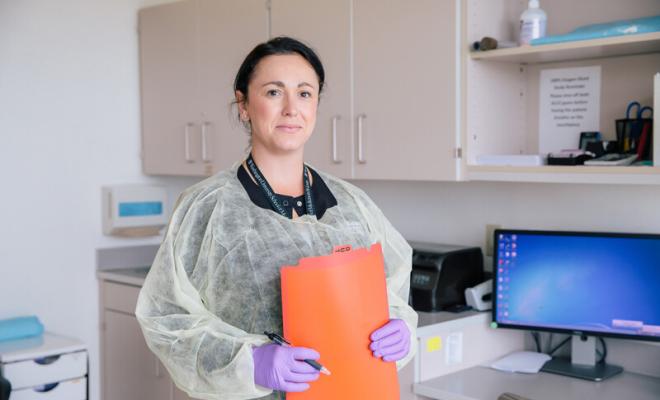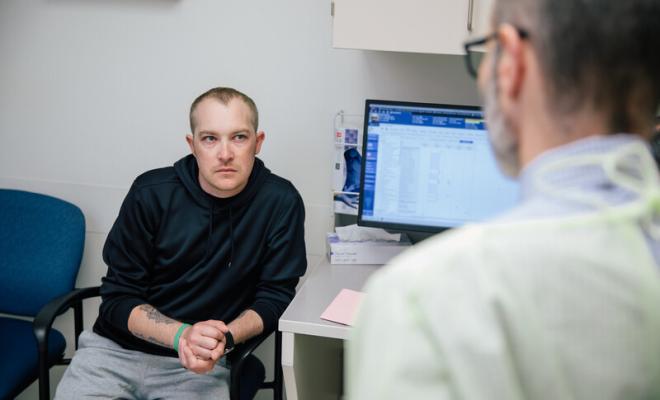What We Mean by Patient-Centered Outcomes Research (PCOR)
PCOR in the context of this training manual means the integration of patients or caregivers who participate as equal partners on CF research teams throughout the research process. Patients or parents are valuable to include on research teams because they provide expertise in living daily with the disease or condition being studied. Ideally, research teams using PCOR methodology invite patient/caregiver-partners to bring ideas and questions based on their lived experience with researchers then sharing a variety of possible approaches to study these questions. Through this exchange, patient/caregiver-partners begin to understand the research process more fully and can move towards authentically participating in all phases of research.
The Intended Audience
This document is primarily written for CF researchers and CF health care providers working within CF care centers. The goal of this training manual is to promote engagement in the CF community by increasing the number of PCOR research teams and improving the quality of participation of patients, caregivers, and other community stakeholders who are engaging with researchers.
The Manual
This training manual contains an introduction and four separate sections, representing the steps below. Each section is intended to be used in sequential order but may be adapted for individual training needs.
Writing: This guide was created through a collaboration between the University of Washington, Cystic Fibrosis Foundation, Cystic Fibrosis Research Institute, clinicians, researchers, patients, and caregivers from the CF community.
Funding: This work was funded through the Patient-Centered Outcomes Research Institute (PCORI) Eugene Washington Program Award (10569-UWASH). The content is solely the responsibility of the authors and does not necessarily represent the official views of PCORI.
Please contact University of Washington researcher, Dr. Emily Godfrey, at godfreye@uw.edu with any questions or requests.


